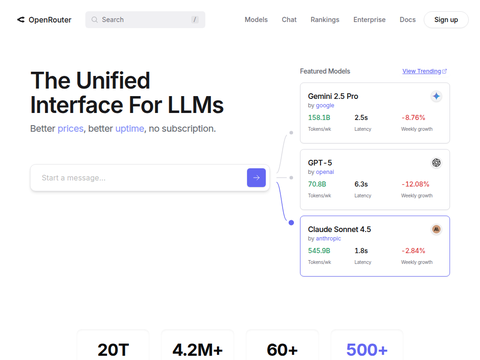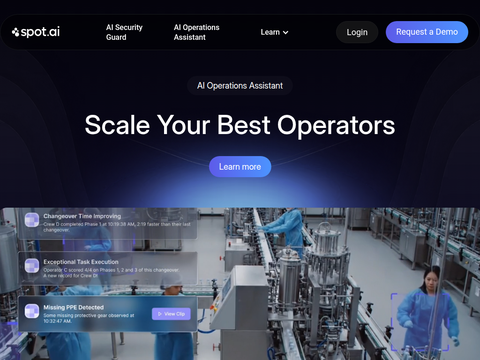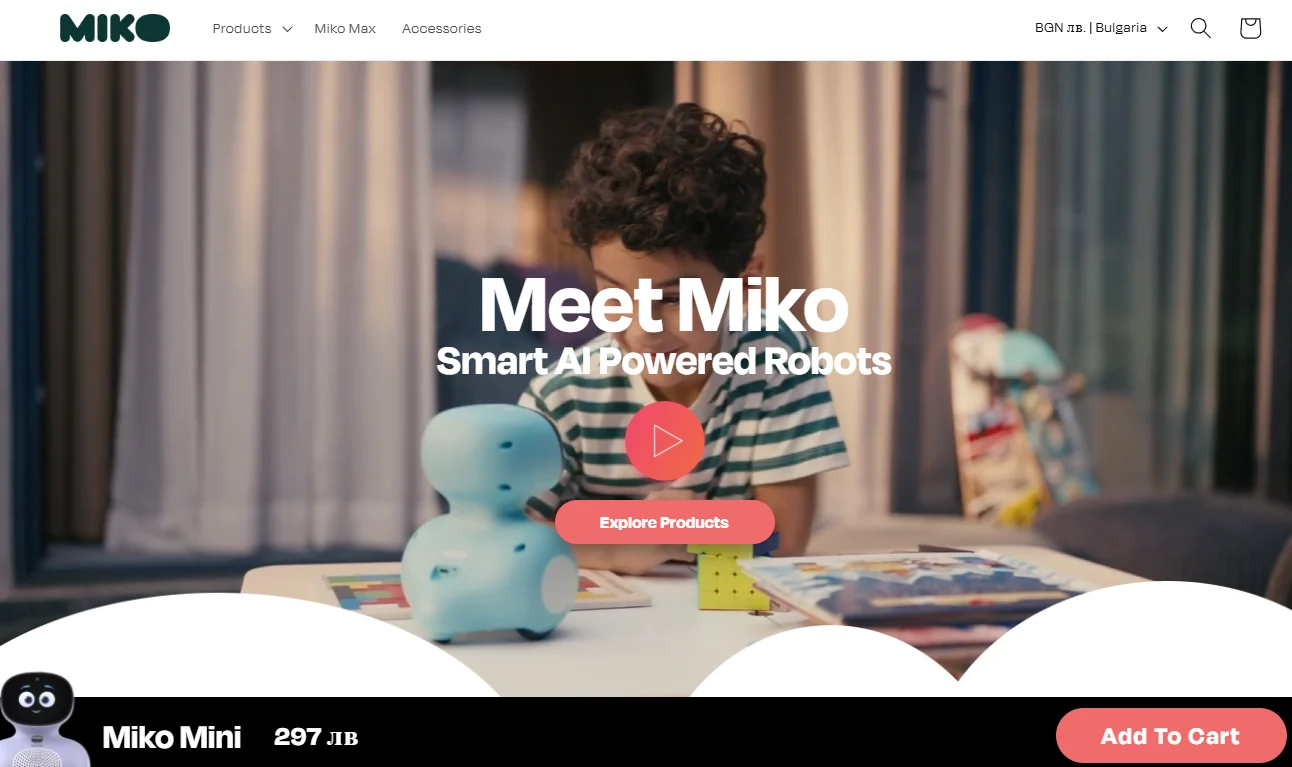Although the rollout of new products has been more costly than initially anticipated, NVIDIA has assured investors that its latest product lineup will continue to support the company’s AI-driven growth.
Following the release of quarterly earnings, NVIDIA CEO Jensen Huang announced that the highly anticipated Blackwell product would begin shipping this quarter, driven by "extremely robust" demand. However, the costs associated with chip production and engineering have impacted profit margins, leading NVIDIA’s sales forecast for the current quarter to fall short of some of Wall Street's more optimistic predictions. This announcement resulted in a subdued investor reaction. Despite NVIDIA’s stock price soaring nearly 200% year-to-date, making it one of the world's most valuable chipmakers, any quarter that fails to exceed expectations can be disappointing. Consequently, the stock price declined approximately 2% in after-hours trading.
NVIDIA projects fourth-quarter sales of approximately $37.5 billion, slightly above the analysts' average expectation of $37.1 billion, but significantly below the previous forecast of $41 billion. Alvin Nguyen, an analyst at Forrester Research Inc., commented, "The guidance appears to indicate slower growth, but NVIDIA may be taking a conservative approach. In the short term, AI demand remains strong, and NVIDIA is doing everything it needs to."
NVIDIA's most profitable product is its accelerator chips, which have seen a surge in demand following the launch of OpenAI's ChatGPT chatbot in 2022. Wall Street has been closely monitoring the release of the Blackwell chip, a faster model with enhanced connectivity to other semiconductors. However, manufacturing challenges have slowed the launch process, leading NVIDIA to issue another warning about supply constraints, anticipating that product demand will outpace supply in the coming quarters.
Jacob Bourne, an analyst at Emarketer, stated in a report, "Key concerns remain regarding the acceleration of Blackwell production and customer concentration. There is little room for execution errors by 2025." Nevertheless, Jensen Huang noted that Blackwell has now entered "full-scale production" and there continues to be demand for the previously designed Hopper.
The shift to Blackwell has impacted profitability, with NVIDIA’s gross margin decreasing from 75% last quarter to 73% this quarter. However, it is expected that as new products achieve larger scale production and economic conditions improve, this figure will rebound. CFO Colette Kress stated that it is reasonable to assume NVIDIA’s gross margin will return to approximately 75% by mid-next year. NVIDIA continues to significantly outperform its peers in this area, with recent competitor Advanced Micro Devices Inc.'s gross margin trailing by 20 percentage points, and Intel Corporation’s gross margin being less than half of NVIDIA’s.
NVIDIA has experienced remarkable growth over the past two years, with revenues poised to double for the second consecutive year and profits exceeding total previous revenues. In the third fiscal quarter, revenue surged by 94% to reach $35.1 billion, surpassing analyst expectations. The data center segment's revenue also doubled year-over-year to $30.8 billion, again exceeding Wall Street's forecasts. However, within this segment, network revenue has been declining consistently, and the business has become more reliant on a limited customer base: cloud service providers. These clients now account for 50% of data center revenue, up from 45% in the previous quarter. Investors are hoping for this percentage to decrease, indicating that AI usage is expanding across the broader economy.
Additional recent earnings reports have also strongly indicated robust AI demand. NVIDIA’s customers, including Microsoft, Amazon, and Meta Platforms Inc., have reaffirmed their substantial investment commitments in AI infrastructure. Although NVIDIA is renowned for selling graphics processors, it has discovered applications for this technology within AI. Its chips assist software models during the training process to learn how to recognize and respond to real-world inputs, powering services such as ChatGPT.
The company, headquartered in Santa Clara, California, has rapidly expanded its product lineup to include networking, software and services, as well as fully assembled computer systems. Jensen Huang is actively engaging in global lobbying efforts to promote the broader adoption of NVIDIA’s technology, aiming to drive usage among enterprises and government agencies. He stated, "The era of AI has arrived, and it is extensive and diverse."








